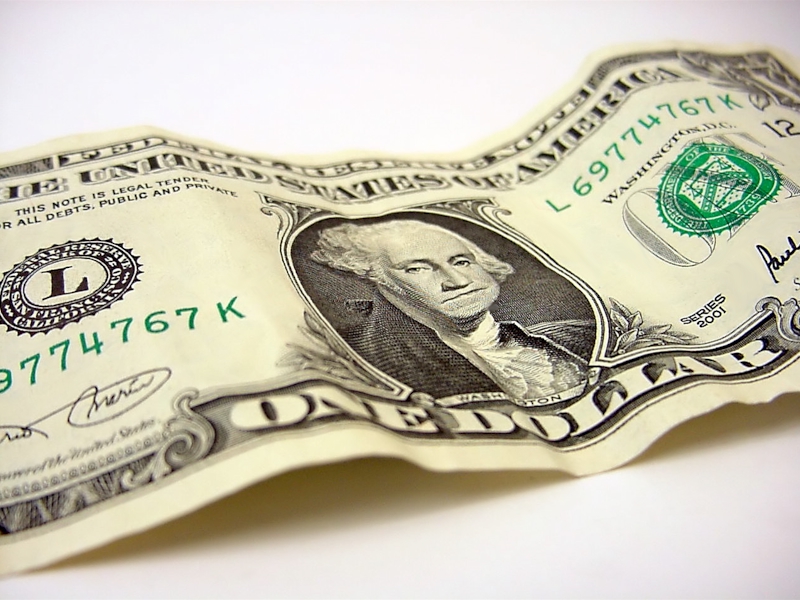“A progressive who stays home on Election Day — or backs Robert F. Kennedy Jr., Cornel West, or No Labels,” reads the tag line on James Risen’s latest column at The Intercept, “is voting for Donald Trump.”
Well, no.
A progressive (or anyone else) who doesn’t vote isn’t voting for Donald Trump or for any other candidate.
A progressive (or anyone else) who backs Robert F. Kennedy Jr., Cornel West, or No Labels is voting for Robert F. Kennedy Jr., Cornel West, or the No Labels candidate (if there is one), not for Donald Trump.
Risen’s column is part of America’s quadrennial narcissism-by-proxy guilt trip: Your vote is all about him and the candidate he wants to win (Joe Biden).
You owe him that vote, by gum. Casting it your way instead of his way is “stealing” it from his chosen candidate.
If you don’t do as he says, you’re no smarter than (and could suffer the same fate as) German Communist Party leader Ernst Thalmann, who ended up getting shot at Buchenwald because he wouldn’t abandon his own party to stop Hitler.
Yeah, Risen goes THERE.
Don’t fall for it.
You don’t owe your vote to Joe Biden, Donald Trump, RFK Jr., Cornel West, or anyone else. Least of all do you owe it to James Risen.
Your vote is yours to cast for the candidate you most support, or against the candidate you most oppose, or for no candidate at all.
Even if it was true, as Risen insists, that only Biden or Trump “can win” — it isn’t, since America’s millions of voters are all free to make different choices — you’re not morally obligated to disgrace yourself by going along with the crowd and supporting either of the major parties’ corrupt, addled warmongers.
If past results and current polling are at all predictive, Donald Trump will carry my state (Florida) by several percentage points this coming November.
Even if he doesn’t, the chance of my vote deciding the outcome, and thus the disposition of the state’s electoral votes, are nowhere as good as my chance of winning a big Powerball jackpot.
Why should I bother voting at all? Maybe I shouldn’t. But if I do vote, how can I increase the value of my vote where my own goals are concerned?
The only thing my vote is good for, if anything at all, is “sending a message.” I’m not interested in “sending the message” that I support Joe Biden or Donald Trump, since I don’t support Joe Biden nor Donald Trump.
If I see a pro-freedom, pro-peace candidate on my ballot this November, I’ll vote for that candidate. If I don’t, I’ll write in my own name or just not cast a vote for president. There’s more, and better, “message value” in that, and I won’t feel like I need to take a shower and scrub with a wire brush afterward.
Either way, regardless of the election’s outcome, I won’t let James Risen guilt-trip me over it. Neither should you.
Thomas L. Knapp (Twitter: @thomaslknapp) is director and senior news analyst at the William Lloyd Garrison Center for Libertarian Advocacy Journalism (thegarrisoncenter.org). He lives and works in north central Florida.
PUBLICATION/CITATION HISTORY



